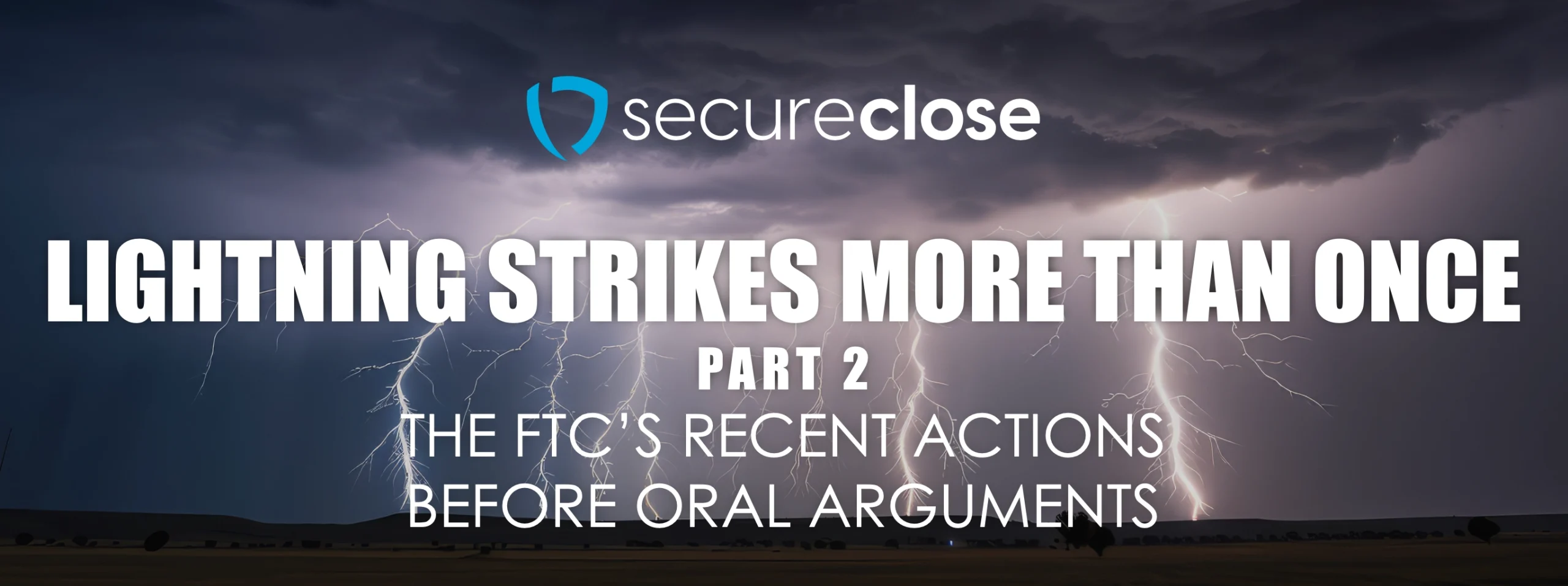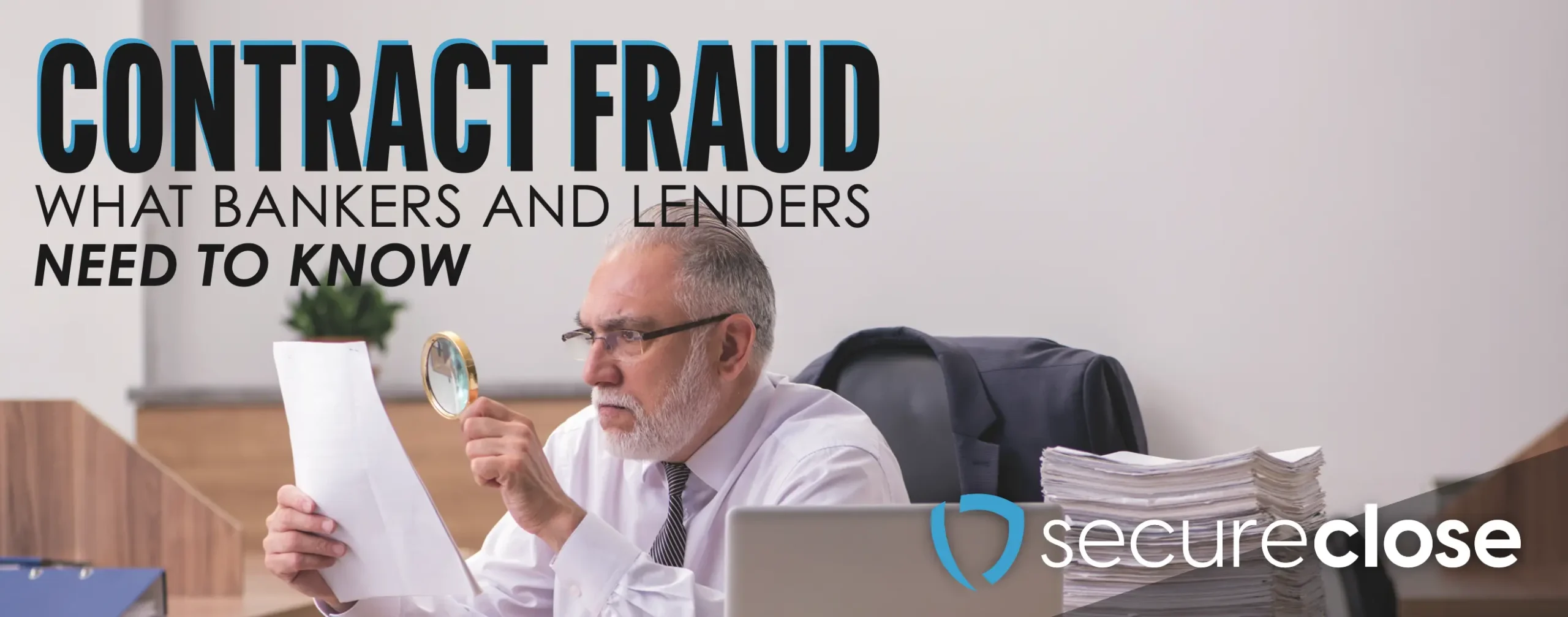
In the past six months, the Federal Trade Commission (FTC) has taken several significant enforcement actions against car dealers and companies in the automotive sector for deceptive practices.
The FTC has indeed been proactive in enforcing actions that align with the goals of the CARS Rule, even before the oral arguments are scheduled. The CARS (Combating Auto Retail Scams) Rule is designed to regulate and ensure transparency in the automotive industry, particularly focusing on how prices and fees are disclosed to consumers.
For example, below is a list of enforcement actions where the FTC has targeted dealers and automotive sector companies for practices like undisclosed add-ons, fake reviews, and discriminatory pricing—issues that the CARS Rule specifically aims to address. This suggests that the FTC is not waiting on the oral arguments of the CARS Rule before acting, but is instead moving forward with its consumer protection agenda.
- Coulter Motor Company: August 2024, The FTC, in conjunction with the State of Arizona, reached a $2.6 million settlement with the FTC and the Arizona Attorney General. The dealership was accused of deceptive online advertising, luring customers with low prices only to charge much higher amounts through surprise fees and unauthorized add-ons. Additionally, the company was found to have engaged in discriminatory practices, charging Latino customers more for financing and add-on products compared to non-Latino customers.
- Asbury Automotive: August 2024, the Federal Trade Commission (FTC) took action against Asbury Automotive, a large dealership group, for discriminatory practices and charging customers for unwanted add-ons. The FTC alleged that three Texas dealerships owned by Asbury systematically engaged in deceptive practices, including “payment packing,” where consumers were charged for additional products and services without their knowledge or consent. This included unwanted items like chemical coatings and service contracts, which were falsely presented as mandatory.
- CarShield: July 2024, Another example includes the FTC’s legal action against CarShield, a company that allegedly misled consumers about the coverage of its vehicle service contracts. The FTC imposed a $10 million judgment against CarShield to be used for consumer refunds.
- Vroom: January 2024, The Federal Trade Commission has taken action against online used car dealer Vroom. Vroom has agreed to a proposed settlement that would require the company to pay $1 million to refund consumers harmed by the company’s conduct and prohibit the company from further misleading consumers and failing to provide required disclosures. This action also claims Vroom for misrepresenting that it thoroughly examined all vehicles before listing them for sale and failing to obtain consumers’ consent to shipment delays or provide prompt refunds when cars weren’t delivered in the time Vroom promised.
- Online Reviews: August 2024, adds teeth to an old rule, 16, CFR part 465. The trade rule clarifies unfair and deceptive marketing practices applicable to businesses generally under Section 5 of the FTC Act. 15 U.S.C. 45. The Federal Trade Commission (FTC) has been increasingly vigilant about auto dealers posting or soliciting bogus consumer reviews to mislead potential customers The new Fake reviews undermine consumer trust and violate FTC guidelines on endorsements and testimonials. The FTC has taken action against companies that either post fake positive reviews to enhance their reputation or suppress negative reviews to deceive consumers about their true experiences.
These cases highlight the FTC’s ongoing efforts to crack down on unfair and discriminatory practices in the automotive industry.
I believe most dealers strive to disclose add-ons and pricing transparently during the sales process. However, the sheer volume of forms and the length of the transaction can indeed overwhelm consumers, making it difficult for them to recall the details later. The fast-paced nature of car sales, combined with the complexity of financing options, can lead to confusion, even if everything was disclosed properly.
This forgetfulness can be problematic if a dispute arises later. A consumer might not remember agreeing to certain terms, leading to complaints that could trigger investigations by the FTC. These misunderstandings are often not due to intentional deception but rather the overwhelming nature of the process. But how do you prove what was said?
This is why tools like SecureClose, which provide a clear, recorded disclosure process, are invaluable. They ensure that both parties—dealers and consumers—have a documented record of the transaction. This can help prevent misunderstandings and protect dealers from potential fines or legal issues if a consumer later disputes the terms of the sale.
By implementing such tools, dealerships can offer an added layer of transparency and clarity, which benefits both their business and their customers. Contact SecureClose today to find out how you can better protect your business and consumers.





